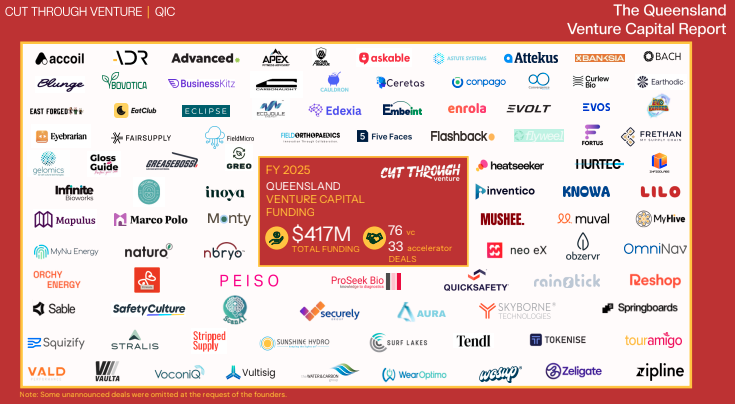Hunter co-founded Homebrew, a seed stage venture fund, in 2013 along with Satya Patel - counting investments including Chime, Plaid, Cruise, Gusto, Bowery Farming, Finix and more.
We've boiled down the some key points for your convenience.
Walk argues that most new funds or seed investors are not direct competitors to Homebrew, as they typically have a different investment model. Homebrew focuses on:
- Seed stage investments
- Leading or co-leading rounds
- Committing sweat, reputation, and capital
- Being founded by ex-operators
- Having institutional LPs for follow-on capital
- Offering in-firm resources for recruiting strategies
- Building strong relationships with next-round VC partners
Market Impact of Swelling Seed Capital
The significant increase in seed-stage capital has impacted the marketplace, with seed-stage companies clearing the market faster in 2016 compared to 2006. Startups that fit the pattern—teams from top companies or with top degrees—can raise substantial funds on an unproven hypothesis. This phenomenon leads to premature funding, rather than overfunding.
Homebrew's Strategy and Challenges
Homebrew focuses on the following aspects to maintain its competitive edge:
- Communicating their value to talented founders
- Exceeding post-investment expectations
- Continuously improving their ability to identify promising opportunities
The hastening of market funding forces Homebrew to decide whether they want to pay seed prices for pre-seed risk. They tend to pass on companies with undifferentiated technology, unclear value propositions, or a lack of missionary zeal from the founding team.
Hunter Walk believes that while the influx of capital in the seed-stage startup space doesn't significantly impact Homebrew's overall strategy, it does lead to premature funding of some companies. This change reduces the opportunity to observe the evolution of these startups before deciding to invest.
You can read the full article here: https://hunterwalk.com/2016/12/25/2016-vc-half-thoughts-seed-companies-arent-being-overfunded-theyre-being-prematurely-funded/





